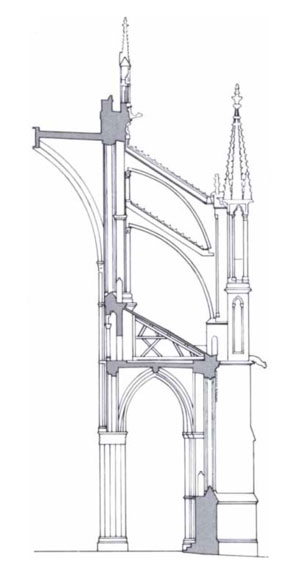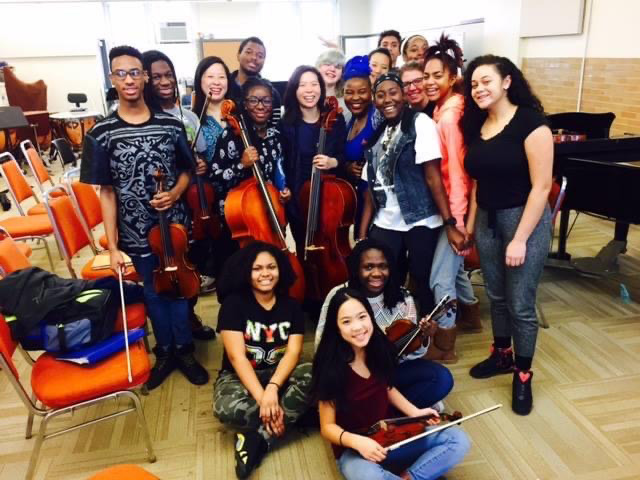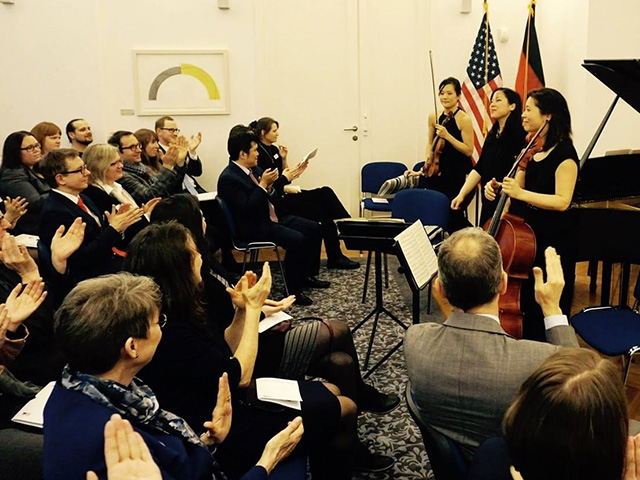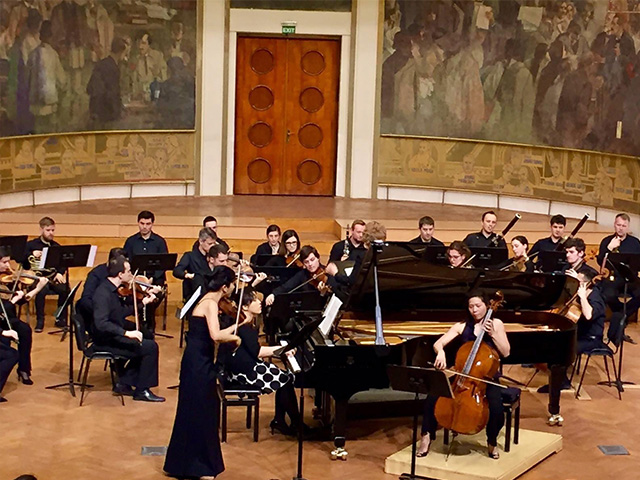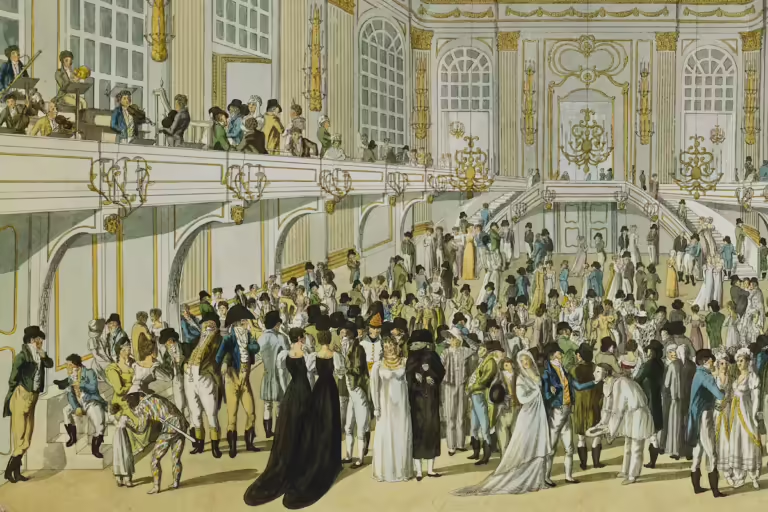
A Playlist for Peace Talks: TRP featured in Washington Post piece
On August 25, 2024, neuroscientist, musician and author, Daniel Levitin, published an op-ed in The Washington Post, entitled “A Playlist for Peace Talks.” The last half of this article quotes our founder, Jonathan Dimmock, in great detail, including underscoring the wisdom of the prescient need to incorporate the musical arts into international conflict resolution. Citing the singular approach of The Resonance Project, and quoting Barack Obama’s rather extensive condoning of the same, this is a tremendous boost for our work!

